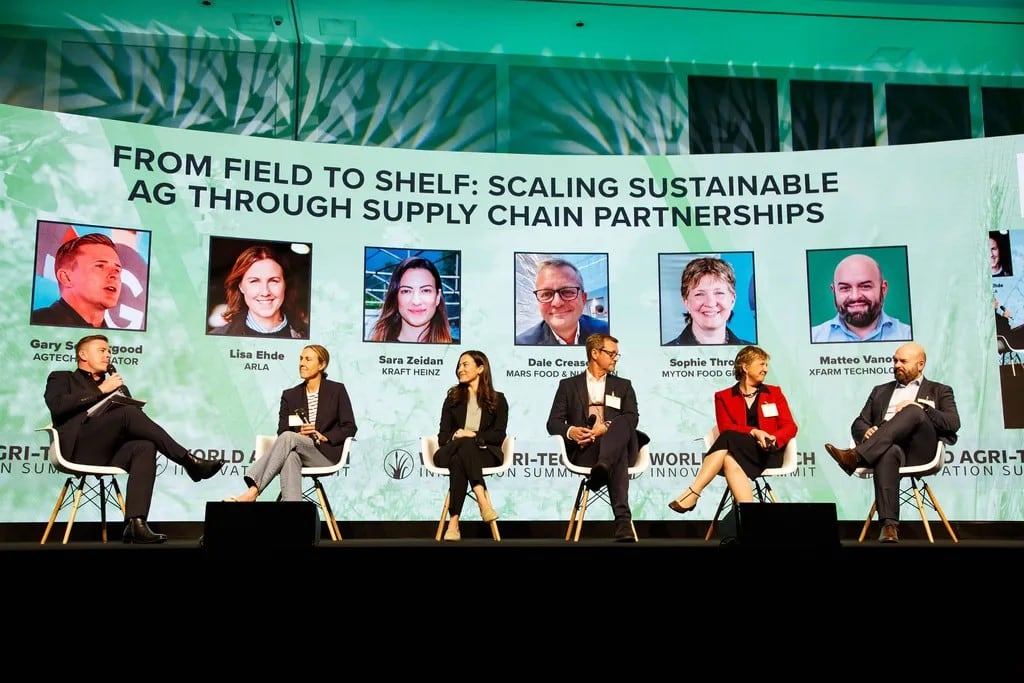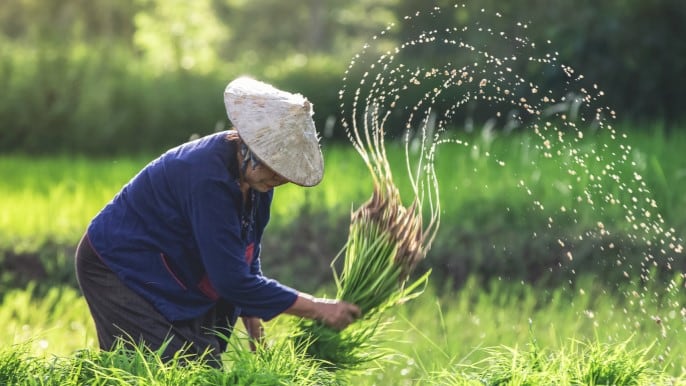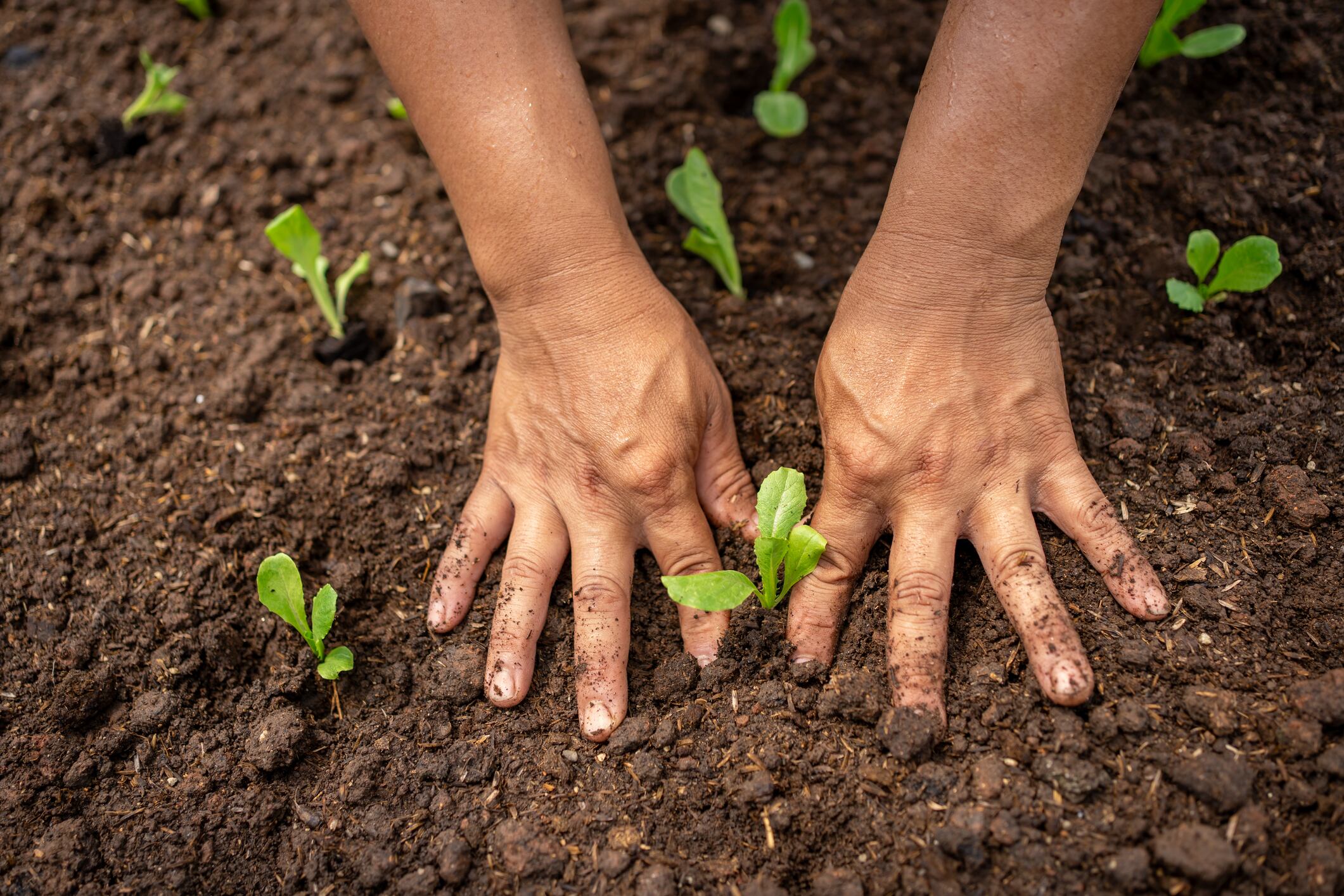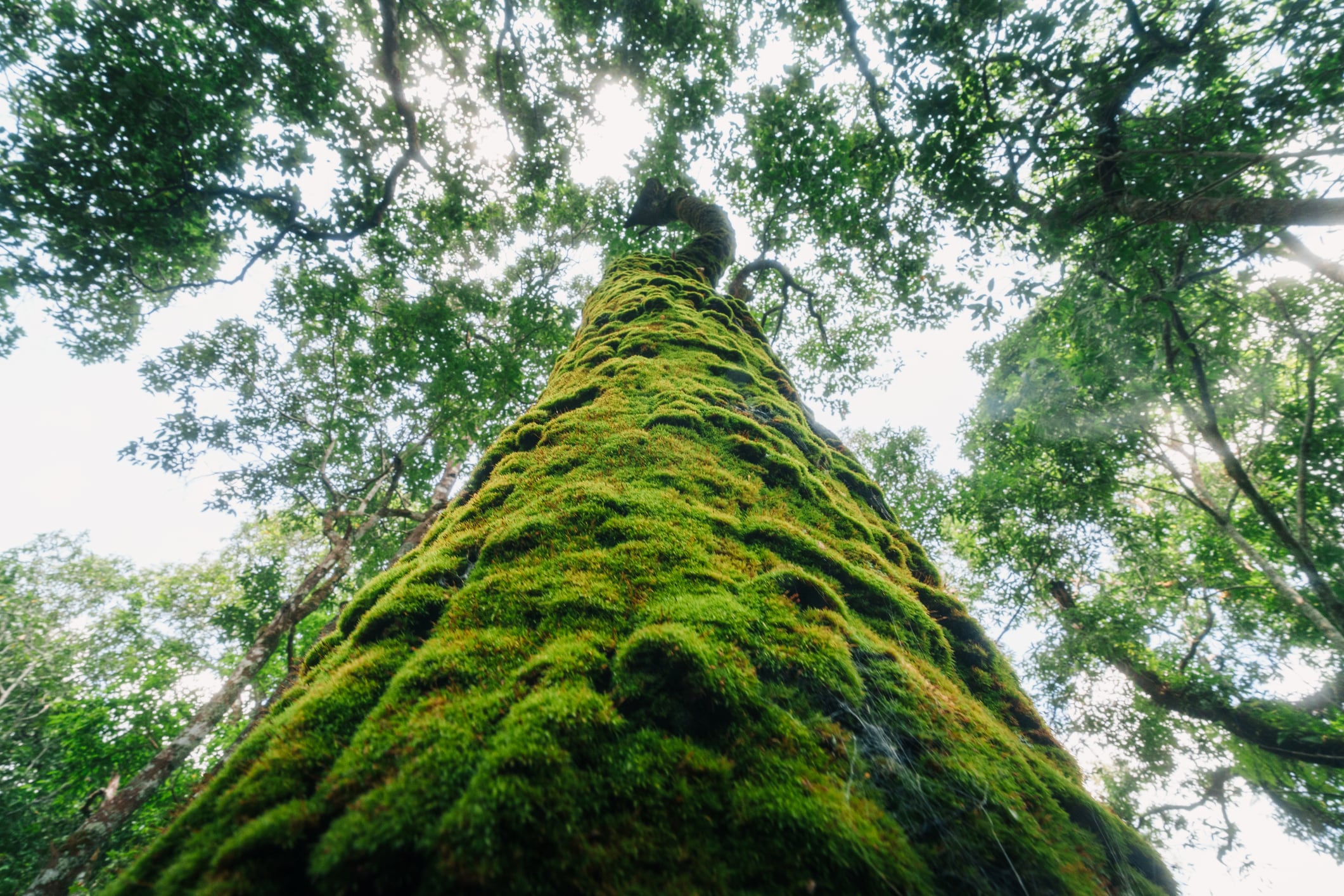The multinational was prompted to re-evaluate rice farming practices in the late 2010s, when a severe drought in Thailand reduced the second harvest of aromatic rice by about 58%.
“That was a shocker. [Rice] is a staple industry of Thailand, and in 2018, it was a super important region for us and some of our competitors,” said Dale Creaser, Global Vice President of Supply Chain, Mars Food & Nutrition.
Following that, the company aimed to shift away from traditional water-intensive rice cultivation methods, which were inefficient and emitted significant levels of methane.
Working in collaboration with a German development agency and its competitors, the firm engaged farmers in two Thai provinces to adopt more sustainable farming practices with the Sustainable Aromatic Rice Initiative.
“The complexity of a sustainability strategy has so many different angles, some of them conflicting, some of them interdependent… There’s some amazing stuff out there but it’s only amazing when it gets adopted,” said Creaser.
Data played a crucial role in convincing farmers to make the switch, providing them with evidence of benefits and the confidence in adopting new practices.
“We started to use the data, data which was real. And we started to engage in conversation with some of these farmers in these two provinces,” said Creaser.
Despite the group effort and the data, Creaser stressed that the task was far from straightforward.
“It takes time, it takes real advocacy, it takes belief, and it takes some pretty brave farmers,” he said.
Creaser sat down with Gary Scattergood, editor-in-chief of AgTechNavigator at the World Agri-Tech Innovation Summit in London to speak more about the project and the company’s approach to sustainability. Check it out here:
Six years on, the programme now includes around 1,400 farms.
“70% of those farms were female-led farms. And we saw, depending on the exact region and the elements within the region, up to a 58% to 60% yield increase. We saw water reduce by 50%. And we also saw some significant benefits from by using things like alternate wet drying, you no longer get the methanation as you would do in a typical flood cascade rice growing.”
Creaser credited the success of the project to “real pioneering farmers and some real believers”.
“Partnerships are crucial but actually having those pioneering farmers that are willing to see the benefit, and then to tell their story, is – I think – the only way this thing will work.”
Tension shapes policies
According to Creaser, the company views sustainability as “a very long game” that required ambitious goals to meet global challenges and expectations.
“You have to recognise that if you’ve got goals or targets which look super easy that you can put your feet up and everything is going to be lovely, you probably set the wrong goals,” said Creaser.
“We actually use the tension associated with things like net-zero, of which I don’t believe there is a solution yet, and we use that tension to create our policies and to recognise, that you can’t do this thing alone.
He added that achieving these goals required extensive collaboration across the ecosystem.
“You need to work very collaboratively with every part of the ecosystem, be it farmers or cooperatives or academia, which is an incredible source of innovation and ingenuity, and we find that actually sets on policies of how we drive against some of these quite existential strategies and targets.”
Creaser was speaking as part of a panel on sustainable supply chains at the World Agri-Tech Innovation Summit in London held on September 22 and 23, which also included leaders from Arla, Kraft-Heinz, Myton Food Group, and XFARM Technologies.





